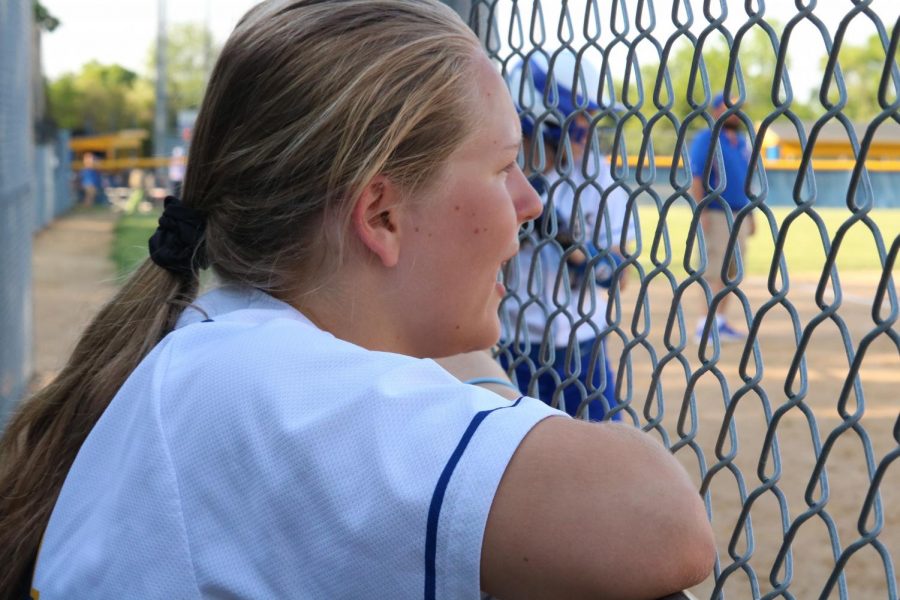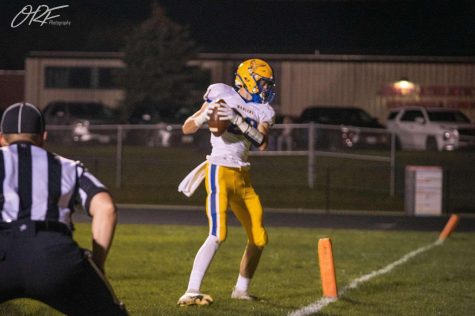When you’re hurt, use your head
Concussions are common among teenagers, with one in five teens having the chance of experiencing one in their lifetime. Ellie Timmerman, ‘20, is one of many students that has been affected by this brain injury. Ellie was running in a bathroom when she slipped on the wet floor and slammed her head on the ground.
“About 20 minutes after it happened, I started throwing up and getting very dizzy,” Timmerman recalled. “My parents decided to take me to the hospital, and I started losing my memory. Even my friends came to the hospital to visit, but I didn’t know who they were.”
Timmerman’s concussion recovery resulted in a week-long stay at the hospital in order for doctors to be able to monitor Ellie’s brain for signs of bleeding. After leaving the hospital, Ellie was not allowed to go outside at recess or do any form of physical activity.
Recovering from a concussion can take anywhere from a couple of weeks to a couple of months. Taking time to rest after experiencing a concussion is crucial because it gives the brain time to gain strength and heal.
According to Molly Pilcher, Wahlert’s athletic trainer, it is important to take time to heal and recover.
“In the initial days of concussion, athletes are instructed to get as much rest as possible,” Pilcher advised. “Stay hydrated, take Tylenol for the headache, and stay away from screen time.”
More recently, concussions have been discussed widely because people are finally understanding their severity and how greatly they impact a person mentally. In sports especially, concussions have impacted how the game is played. Information is key says Pilcher.
“Teaching parents, coaches and athletes about the signs and symptoms but also the long term effects can help reduce the number of concussions going untreated,” Pilcher said. “Education is the most crucial part of bringing awareness of concussions to the forefront.”










